
As Andrew wrote, Japan is a country Americans view as familiar yet different enough to be exotic. Of course, this view is deluded. Most Americans will experience a fair bit of culture shock when visiting Japan. Sure, the Japanese love baseball, but the language and customs are quite different.
Americans feel fondness toward Japan because of a sense of ownership, I guess you could say. After all, Commodore Perry forced Tokugawa Japan out of isolation. Japan and America shared a relationship of trade and even held baseball tours. This short documentary from James FritzPatrick from 1937 captures some of the wonder and fondness Americans felt toward Japan before the attack on Pearl Harbor on December 7, 1941.
The video shows Japan as an idyllic place, full of gardens and beautiful girls. The West often views Japan as a second Garden of Eden, idyllic and innocent. It is a rather condescending view, similar to how Native Americans were viewed. The view contains elements of Western superiority. Almost as if the West is a parent watching over a child. After World War II, this view and America’s affinity for Japan only increased. Japan’s successful reconstruction reinforced the parental view many American had for the country. It is an insulting view. The Japanese people did the work of reconstruction themselves. Japan and Europe’s success affects American policy today.
In a danger of getting political: recent wars in Iraq and Afghanistan attempted to relive America’s glory days. The point I’m trying to make here is how the American parental view, with Japan after World War II being the best example, continues to influence today. The view clashes against the reality of Japan and its soft power (Soft power is the non-military influence a country has upon others). Anime and manga threaten this perceived relationship between America and Japan. It also makes many Americans squirm because anime and manga is a conduit for Japanese values. The communication is no longer primarily one way, America to Japan.
Anime serves something of the same role as Travel Talks did. For many Americans it acts as a window into Japanese culture and acts as a form of rebellion. I know of many otaku that use anime to set themselves apart from American mainstream culture. They sprinkle Japanese into their language and behave like anime characters. Such behavior gives anime and Japan a bad name for many American parents. Parents see their teens acting erratically and using strange mannerisms. They see their children dress as cats or other characters. The once-fond view of Japan gives way to fears about Japanese strangeness. Parents see anime and Japanese culture as subversive to “good Christian values.” The past fondness and parental affection felt toward Japan has given away to trepidation.
After all, Japan isn’t a Christian nation. Japan is dominated by Shintoism and Buddhism, and the beliefs and practices filter into anime. This, in turn, filters into the lives of American children and teens. Many Christian parents are troubled by these elements and how some Buddhist and Shinto rituals are mimicked by anime fans. It can be seen as a threat when an anime fan claps hands and says itadakimasu instead of a Christian grace. Even worse for parents is the sexuality found in anime and manga. American society is sexually repressed. Compared to the US, Japan is quite sexually liberal. At least on the surface. Okay, let me digress a moment. Much of what I discuss here are superficial views I’ve encountered. You and I know Japanese culture has sexual repression, particularly for women. But I am focused on pointing out various concerns I’ve encountered speaking with parents of anime and manga fans.
Anyway let’s get back on topic: normal Japanese references to sexuality in anime, such as breast references and casual child nudity, cut against the grain of American values. We have ample sex in advertising, but it works only because it is a taboo. That which is forbidden garners the most attention. For many parents, these different views of sexuality subvert what they consider normal. Casual child nudity (I am not talking about sexual nudity, that is completely different. Japan rightly condemns pedophilia) is taboo in American society. These “strange” views threaten “normal” values.

In any case, the host of demons and critters from Japanese mythology also makes parents feel threatened. When their children spout names of yokai and speak to each other with words parents cannot understand, the exoticism of Japan becomes a divisive element instead of a romantic fondness. Many are hesitant toward familiar Western ideas of magic and fairies. The foreign Japanese stories trouble them even more.
The Travel Talks video and anime, for that matter, distort Japanese culture. Those of us who understand anime and a fair bit of Japanese culture know parents have little to fear. We also know how weeaboos are mistaken in their behavior. And weeaboo behavior exacerbates the fears of parents. However, these fears come from American culture’s mistaken view of Japan. So really, this isn’t anything new. Japan isn’t a daughter country for the United States. Japan has a culture and a history of its own, a culture and a history that is is far different from America’s. But without understanding Japan’s culture and history, fear can rule. Parents worry about anime being a corrupting influence, but most of us know anime espouses values such a friendship and loyalty. The problem comes from lack of knowledge, both on the parts of parents and anime fans. Knowledge is the enemy of fear.
Of course, I write in generalities. I also know parents who are anime fans.
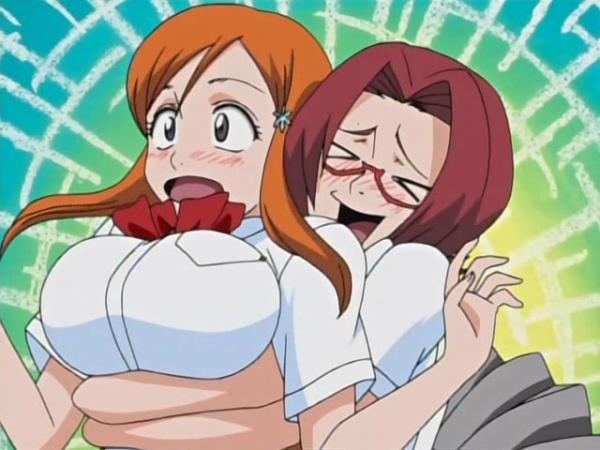
Now, anime does have elements that subvert American culture for the better. You see, American culture is highly individualistic. “I am out for me.” Anime teaches the importance of community, a value we in the US have forgotten. Anime downplays the value of the individual’s deeds. The hero is only a hero because of the support he receives from his friends. Success is a group effort, an idea that is almost lost in American society.
This post is a little meandering. It is difficult to discuss cultural views when you live inside that culture. Subversion–that is, the undermining of cultural values–depends on who you speak to. Where I live, anime is viewed as porn and Japan is just a far away country that should feel grateful to the US for not punishing it for WWII. So anime is seen as a threat by many or, at the least, a strange cartoon. The rebellious antics of anime fans does little to change the view of parents. Only a few think of Japan in more depth than the Travel Talks short portrays. Only a few think of anime as a medium for storytelling. The sexuality in anime makes Christian parents squirm. Never mind the hyper sexuality in American media. Anime sexuality is seen as corrupting because it is foreign. Likewise, Japan’s “pagan” elements as seen in anime threatens views of Christianity and the idea of the United States as a Christian nation.
Luckily, these views are waning. Manga and anime are prominent features in libraries. Although they are also often challenged by concerned parents.
What about your area? How do people view Japan and anime? Are you one that gives your parents gray hairs?
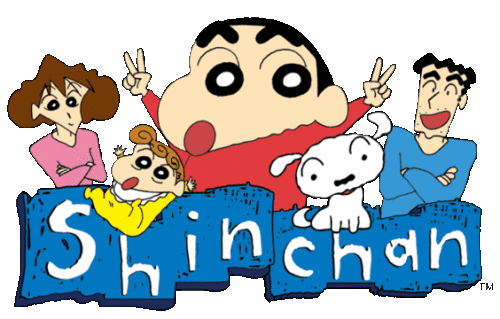
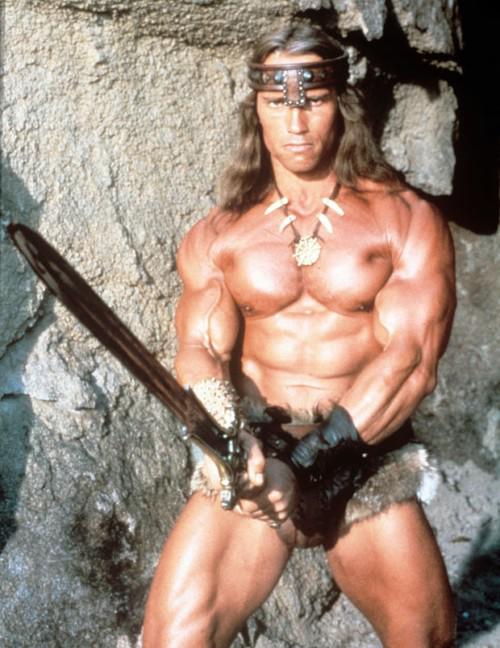
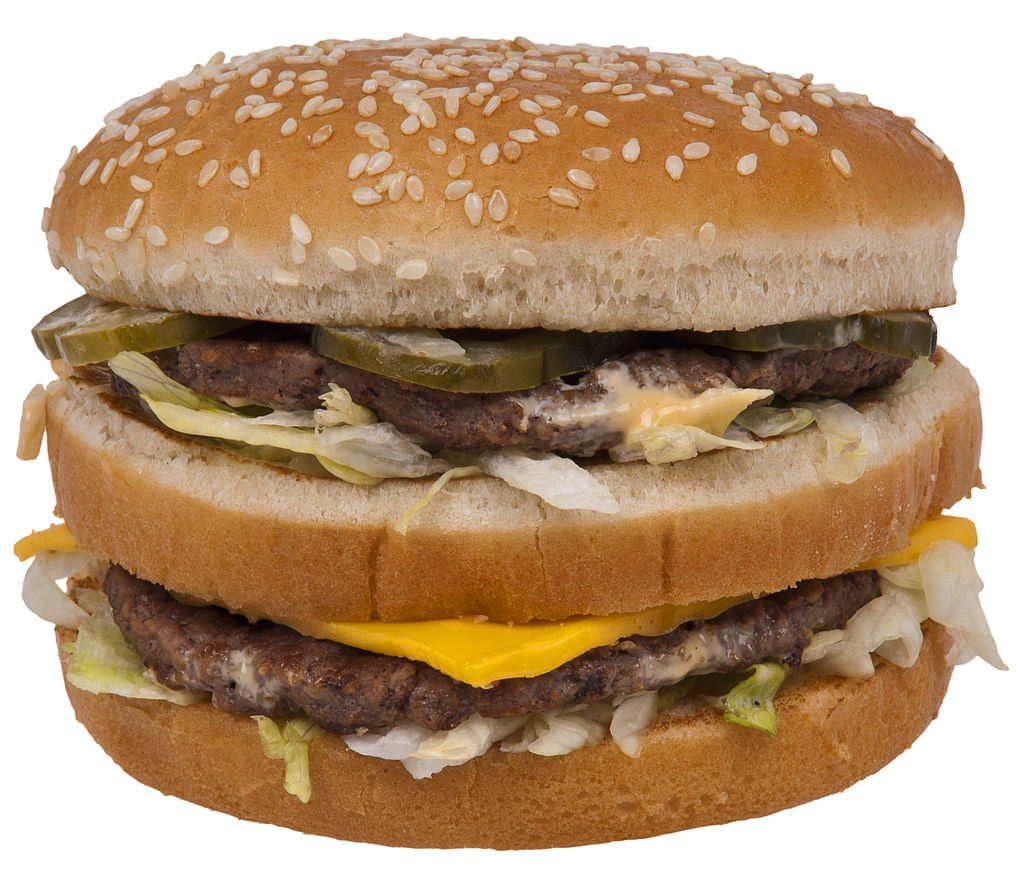
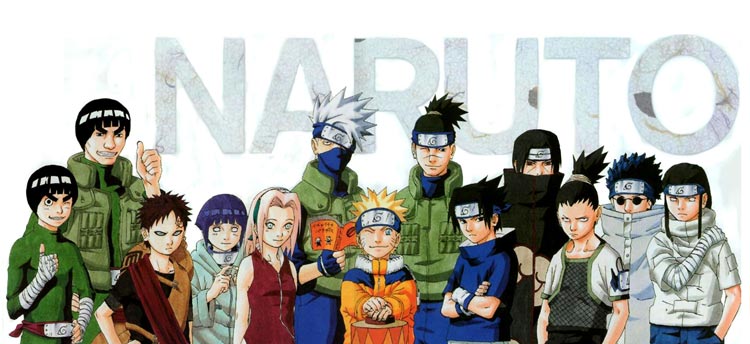

My children watched Japanese anime and played Japanese games. My girls also have autism. For whatever reason, they are both virgins. They don’t go out and party or drink or do drugs. One is a nineteen year old, disabled Tomboy with teal hair that collects and wears gamer t-shirts and shops at the The Fray. The other is a gifted 15 year old with purple layered hair with blue tips taking a web animation course over the summer because she is ubber smart and taking college level classes in addition to her high school classes through a program called Move On When Ready at the local tech school. They didn’t have a rebellious phase where they partied, did drugs and became addicts, or got pregnant. American culture is one of crime and drug abuse and having sex way too young. I think America’s drug money laundering bankers hate anime and the good kids it has a tendency to produce. If everyone grew up like my kids, who would buy the booze, the drugs, and rot in the jails??? Kids like these will collapse the illegal drug economy. When they want to live a little, they have me color their hair, yippi! So like, they aren’t homophobic or anything, and I’m okay with that too.
Anime can be a part of a proper parenting mix. Of course, not all anime encourages moral behavior, but most do. As an American (one who believes partying and sex before a long-term committed relationship are foolish actions), I agree the US has problems it has failed to address. Anime’s values of responsibility, friendship, loyalty, community, and selflessness certainly couldn’t hurt.
You’re worried about how your community sees Japan?! Ha! They even are paranoid of the various American subcultures, Nihonophobia should be the very least of your concerns. I know the “christians” of the type you speak, they deserve to have their culture diluted and subverted and made into something human loving.
I agree that there are other concerns. However, misunderstanding Japanese culture can block access to stories that expand understanding. Small steps can make progress.
I agree that people still get a little flustered about anime and manga these days. I was at Otakon last year and a construction worker asked my friend (who was in cosplay) about anime being sexual.
What you said about how it feels like America “owns” Japan – I worry about anime/manga fans (both in industry and outside) who want anime and manga to be mainstream here. The problem is whether American media will take complete control of anime & manga and strip anime and manga of what makes it unique to fans all over the world. Of course, it’s a matter of how much Japan values the American market (I know things are a lot better than they once were).
It’s fine to gain respect alongside the likes of American cartoons, American live-action sitcoms, and American comic books, but it’s hard to trust mega-conglomerates sometimes. We also can’t expect every JP creator to write for overseas tastes.
I could be wrong if live-action adaptations of anime/manga series start to become successful. But even with knowledge, it seems that people will remain ignorant unless you tell a story using that knowledge.
You make a good point about the danger of Americanizing anime and manga so it could go mainstream. Such an event would strip a good portion of the medium’s uniqueness and much of its Japanese values. Although Pokemon successfully transitioned into the American mainstream without compromising most of its Japanese flavor, such as its focus on friendship, loyalty, and community. It is difficult to trust mega-conglomerates. As we’ve seen with our own media, mainstream appeal prevents experimentation in storytelling. It creates a homogeneous product as we see in current Hollywood films.